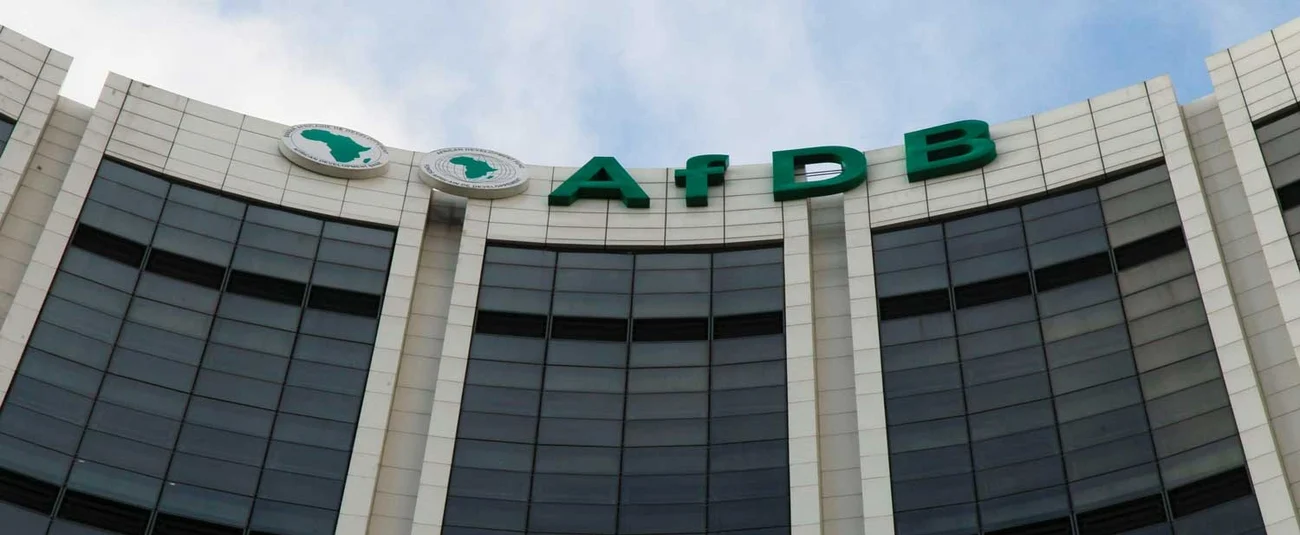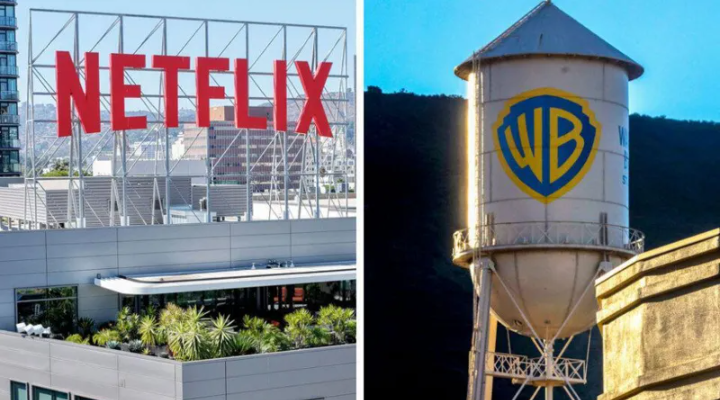The Federal Government, on Wednesday, warned International Oil Companies operating in Nigeria to refrain from disregarding directives of various regulatory agencies on gas flaring.
It stressed that noncompliance would not be tolerated and indicated that while a small number of IOCs frequently followed these instructions, the majority of oil companies did not.
This was disclosed by the Minister of State for Environment, Dr Iziaq Salako in Abuja at the third edition of the National Extractive Dialogue 2024, organised by Spaces-4 -Change, a non-governmental organisation, according to The Punch.
He said, “Following my directive to NOSDRA (National Oil Spill Detection and Response Agency) in March this year, while a few international oil companies and other operators are heeding the call of the government for gas flare transparency and accountability, most international oil companies are not responding.
“They expect to be called by NOSDRA, which reflects a disregard for Nigeria’s environmental sustainability agenda.”
He said this would not be tolerated, as Nigeria is committed to ending the gas flare, adding that the country has a view date and is working hard to achieve this target.
The minister said that in to deter gas flaring, the government is penalizing IOCs and other regional players in the oil industry.
Salako told participants at the event that the Federal Government would not tolerate such disregard against gas flare directives, adding that operators have a responsibility to lead from the front and support the vision of Nigeria to end gas flaring.
“Let me, therefore, use this platform to issue a strong warning from the Federal Ministry of Environment, acting on its mandate to secure a quality environment conducive to good health and well-being of flora and fauna, we no longer tolerate such disregard to the legitimate call of NOSDRA.
“Operators in the Nigerian oil and gas sector have a responsibility to lead from the front, to support the vision of Nigeria to end gas flaring, not just in the interest of the country, but in the overall interest of our planet,” the minister declared.
Meanwhile, the Executive Director, Spaces-4-Change, Victoria Ibezim-Ohaeri urged stakeholder collaboration to help Nigeria reach its 2050 net zero goal.
“The stakes are high, gas flaring has far-reaching social, economic, and environmental impacts, particularly on our host communities that are here today. Gas flaring exacerbates global warming. It leads to economic losses, and this squanders our potential power generation capabilities.
“However, it is within our power to change that. By reducing gas flaring, we can significantly cut our carbon emissions, unlock economic value, and foster economic development that benefits all Nigerians.
“Through our collective efforts, we can propel Nigeria towards a sustainable future, ensuring our natural resources are managed responsibly for the benefit of present and future generations,” she stated.
In his remark, the Executive Secretary of the Nigeria Extractive Industries Transparency Initiative, Dr Ogbonnaya Orji stated that the agency’s most recent data on the oil and gas sector showed that, in contrast to the 249 million standard cubic feet of gas flared in 2021, 884 million standard cubic feet of gas flared in 2011.
He said the data collected between 2011 and 2021 shows a decline in flaring by 51.27 per cent of the volume of gas flared.
According to Orji, gas flaring had decreased by around 50% between 2021 and 2020, with 9.8% of the gas produced and used in that year being flared and 55% being sold.
“Although this is a remarkable improvement, we must strive to meet our country’s target of 100 per cent gas flare elimination by 2025 which is just one year away and six years away from the global commitment of 2030,” the NEITI boss stated.
Experts believe that the major reason for the flaring of gases is that when crude oil is extracted from onshore and offshore oil wells, it brings with it raw natural gas to the surface, and where natural gas transportation, pipelines, and infrastructure are lacking, like in the case of Nigeria, this gas is instead burned off or flared as a waste product as this is the easiest option.
Thereby causing a lot of environmental degradation.










